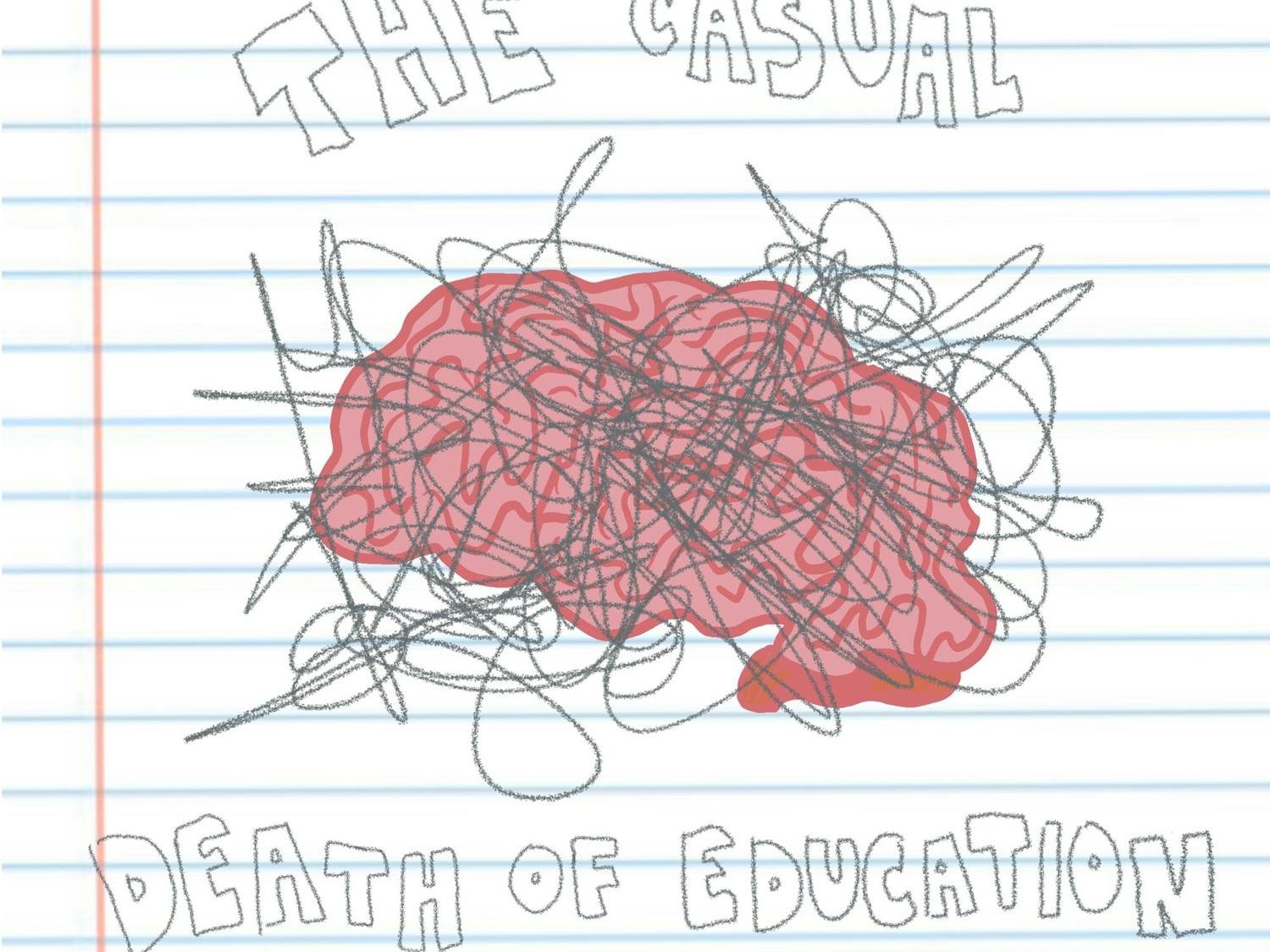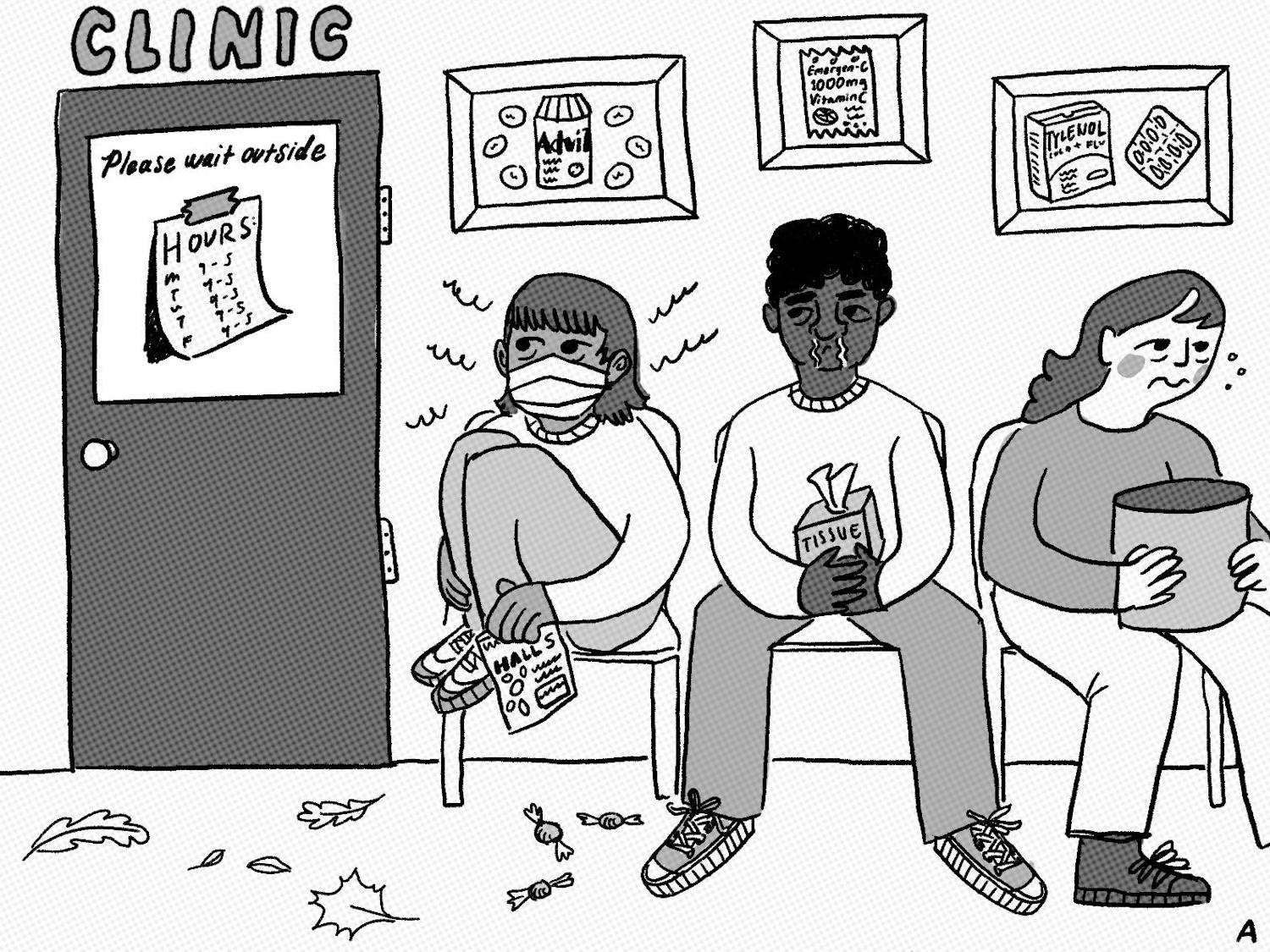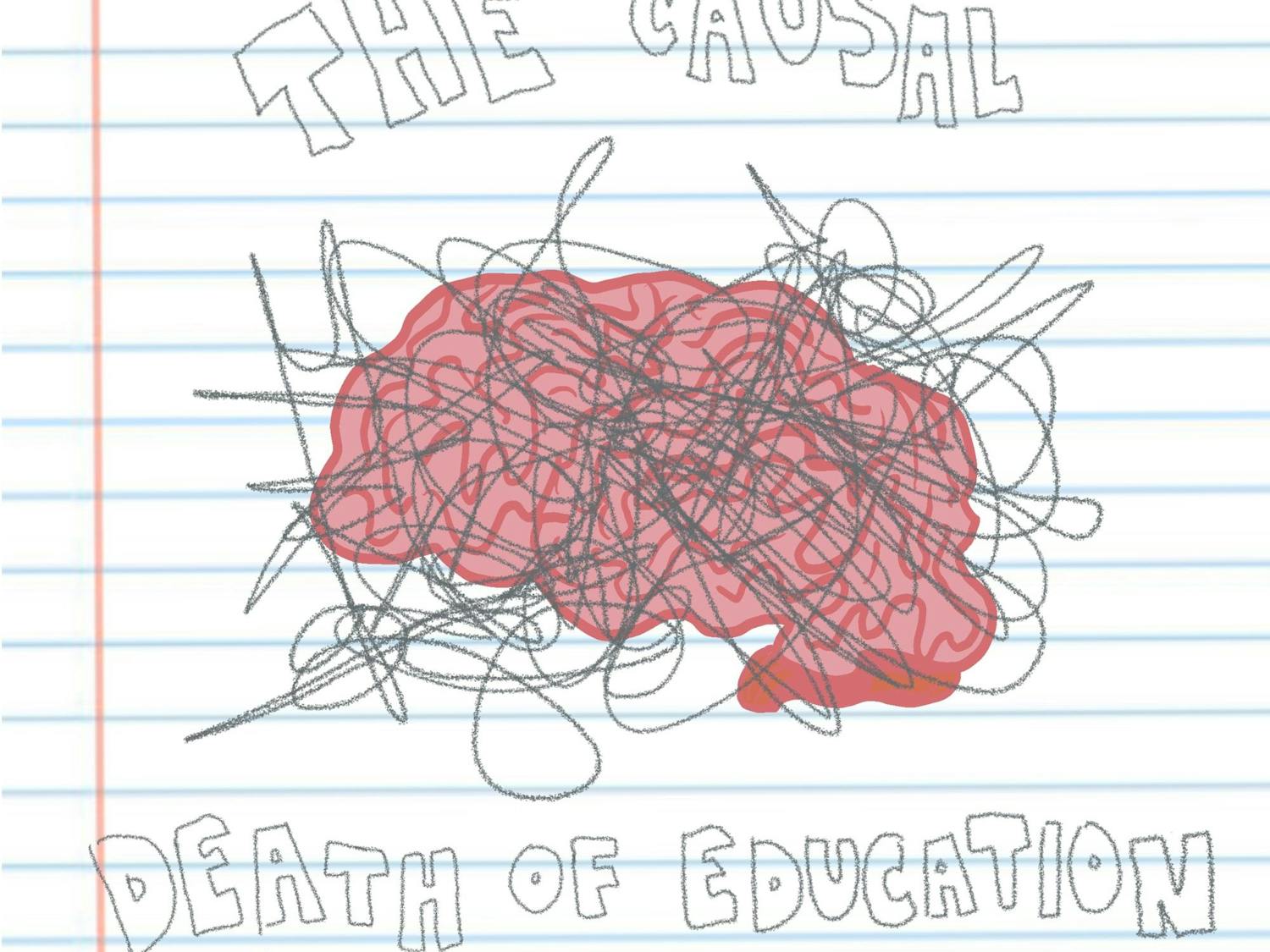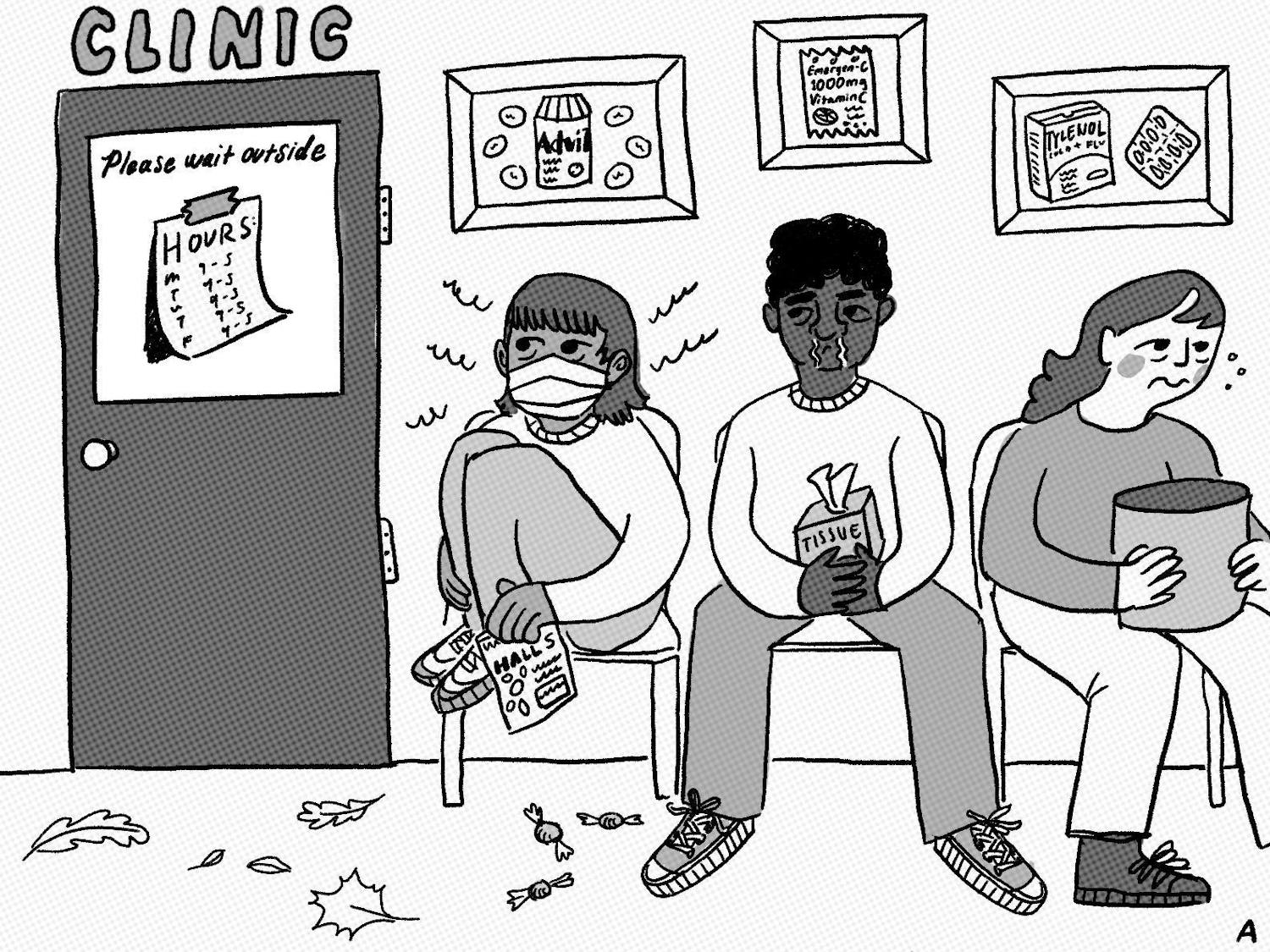The Policy Perspective: Reasons to hope
By Keshav Srikant | April 22I’ve spent the last year writing columns about how U.S. public policy can be improved. From housing to public transportation to education to climate change, there are many areas where we can do better. For my last edition of this column, however, I wanted to write about beneficial public policies that have been passed and that are often missed or ignored in a media consumption environment with a strong negativity bias.











